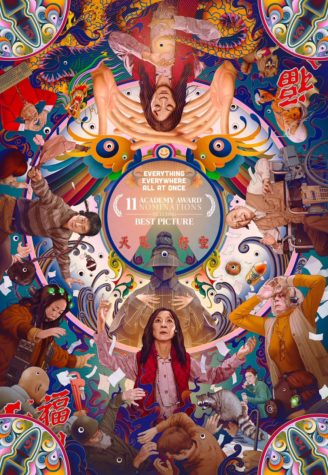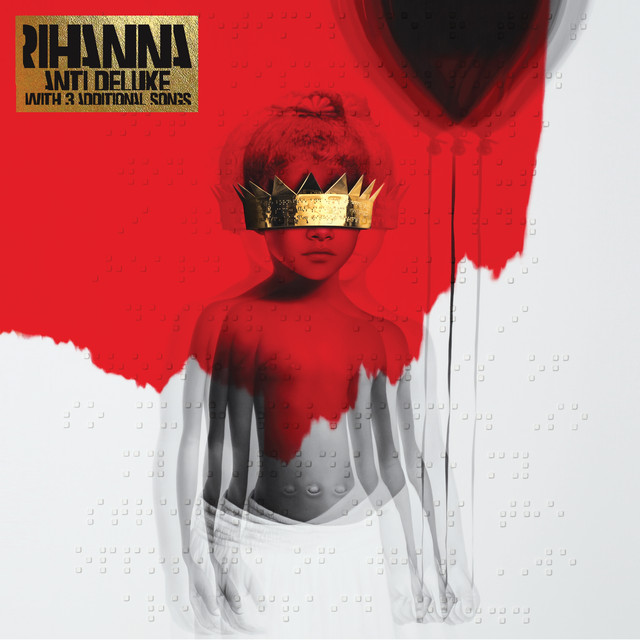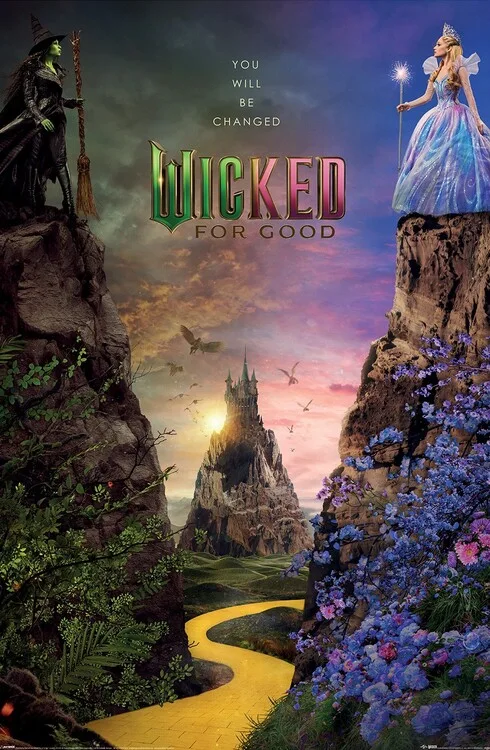Are the Oscars Obsolete?
February 8, 2023

Award season is almost here, a time that gets film-fanatics and casual viewers alike buzzing about seeing their favorite movies, actors, writers, and directors get the recognition they deserve for their truly exemplary work throughout the year. The highlight of the season is the elite Academy Awards, colloquially known as the Oscars. But as viewership drops, and audiences lose interest, cinephiles are forced to face the question: are the Oscars obsolete?
To answer that, we have to go back to the origins of the Oscars. The first ever Oscars was a private dinner with a small ceremony, honoring fifteen exceptional filmmakers over the course of fifteen minutes. The next year, the awards were broadcasted over radio, and in 1953 it was televised for the first time. Throughout the early days of the Oscars, the movies that were nominated generally reflected the public’s interests, as well as the critic’s opinions. Gone With The Wind captured the public’s hearts, making 221 million dollars in its first year and still is the highest grossing movie of all time when adjusted to present value. Subsequently, it won eight Oscars, including Best Picture. Later, during the Hollywood musical heyday, musical movies dominated pop culture, and therefore, dominated awards season, with Mary Poppins, My Fair Lady, and Sound of Music all becoming huge hits and winning Oscars, and My Fair Lady and Sound of Music winning the Best Picture award in 1964 and 1965 respectively.
This trend continued throughout the decades, with movies like The Godfather, Rocky, and Rain Man winning Best Picture, and Star Wars: A New Hope, Jaws, and M*A*S*H being nominated. Interest in the Oscars started to dwindle in the 90s, as more and more independent and unknown films were nominated. However, the most viewed Oscars in history was in 1997, when megahit blockbuster Titanic won Best Picture. Titanic marked a shift in the Oscars, and suddenly, less and less popular movies were being nominated or winning Academy Awards, and with it, the decline of viewership. Gone were the days of populus concurring with critics, and the new era of oscar-bait was shuffled in.
Oscar bait is the concept of dark, gritty, unpopular movies campaigning for awards as to gain viewership. Oscar bait has been a concept since 1948, with the word being first used in a review for Fort Apache, a war centric western film. However, the Oscars campaigning did not begin until 1978 for The Deer Hunter, a commercial flop that became an Oscars darling, becoming the first real Oscar bait film. The Deer Hunter was a turning point, as it started to change what movies were considered Oscar worthy. The Deer Hunter was the first gritty, depressing drama that used the Oscars to gain notoriety and praise, similar to the immense amounts of harsh and realistic movies nominated today. The practice that The Deer Hunter began became commonplace for Oscars hopefuls, with The King’s Speech in 2010 using similar practices and winning Best Picture.
Now, films like The Artist, Spotlight, and The Shape of Water represent what Oscar bait is. While these movies are beautifully done, they don’t represent the interests of the public, exactly the way The Deer Hunter did not represent the interests of the public in 1978. As more and more of these types of movies are nominated for Oscars, the viewership of the program goes down. The few upticks in Oscar viewership also show that viewers are still willing to enjoy the Oscars, as long as they are familiar with the content of the award show, such as the 2003 with the win of The Lord of the Rings: Return of the King, or 2010 with the nomination of Avatar.
In 2022, audiences have seen an eye-rolling amount of Oscar bait, with films like Babylon, The Banshees of Insherin, The Fablemans, She Said, Armageddon Time, and Tar. However, it seems like the Academy is taking viewership into account, nominating Avatar: Way of the Water and Everything, Everywhere, All At Once, both films grossing over 100 million dollars at the box office. Time will tell if viewership of the Oscars rises with the more popular films this year being nominated for awards. Until then, viewership of the Oscars is at an all time low, and they have become obsolete. However, they are heading in the right direction, and we may be witnessing a revival of the Academy Awards.






































